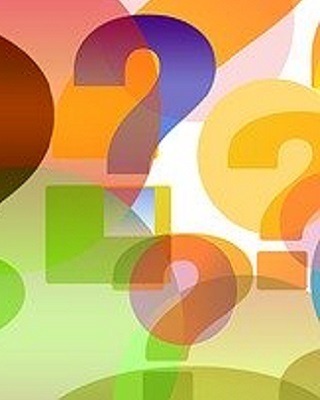Story

Is too many bad or good?
Too many cooks spoil the soup, goes an old saying
But folklorists see many cooks as an advantage. They say it takes four people to make a salad. A spendthrift to pour oil, a miser to add vinegar, a wise to season and a madman to stir it all up.
So what is the truth? Is too many bad or good?
Too many cooks do spoil the soup, when everyone is doing the same task.
In salad making, one of the most common flaws is an overabundance of vinegar and a miser can handle this activity well. A person with unique skill set is assigned for the activity.
The above resonates to me in our work life. A good boss does not find fault with his team members. He understands each team member's skills, abilities, strengths and weaknesses. He does more than simple delegation. He aligns the task with a person's unique skills. He shapes the task and knows when to step in with requisite support.
He knows how to best utilize his team members unique strengths and talents. He is a good leader, who wants every team member to succeed and inspires confidence in them due to his nurturing..
I salute to the bosses, from whom I picked up this insight of "shaping the task" and applied with my team members where everyone could flourish.
What is your take ? Anything to add, please?
Photo Adaptation https://pixabay.com/users/geralt-9301/
Share on
Similar Stories
Previous Ten










Biggest natural experiment is underway
Scientists run experiments in small, artificial...

You are embarrassed
Imagine you are with your child at the swimming...

Venomous snakes on increase in the capital city
The government was concerned about increase of...

Bought a nice business suit at bargain price
You walk in a showroom in a by-lane of your city,...

What important truth do few agree with you?
Peter Thiel is the founder of PayPal and...

What do you do when someone is not contributing?
It is important to understand if the person is...

What questions are you not asking yourself?
We ignore information to avoid negative feelings....

What baby steps have you taken so far?
Time to take stock on our progress.
Dreams...

What is holding you back?
What is stopping you from doing the things you...

What new skills and strengths am I acquiring?
Am I staying ahead? Am I progressing?
How am I...
Deliberate practice improves our success in an interview
Practice is the act of carrying out an activity again and again, to gain mastery over an activity. Psychologist Professor Anders Ericsson coined the term deliberate practice. Talent is important but it is the deliberate practice which makes an ordinary man into extra-ordinary person.
Deliberate practice is purposeful and systematic. You need to have a specific goal, stay focussed, avoid distractions, follow a regular practice schedule, and step up the game in terms of tougher challenges, enable correct feedback to build and gain mastery. Breaking down a task and improving small chunks through regular practice with immediate and correct feedback helps hone the expertise. Deliberate practice is learning by doing and stepping into an uncomfortable zone.


Sign In to share your comments
Your Comments